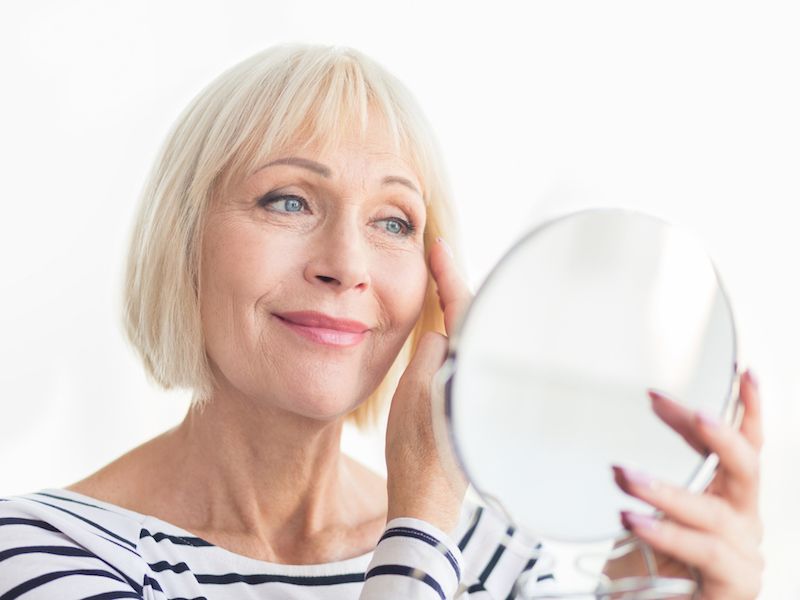Everyone wants to stay youthful for as long as possible. From wrinkle creams to Botox to special diets to spin class, we spend a great number of hours each day doing everything we can to slow down the aging process. And yet, even with all that energy (and all that time), the one thing that could actually work, we often avoid: protecting our ears.
Most people probably think of hearing loss as inevitable as we get older. But it’s not as simple as that. You can keep your hearing in good shape and help avoid damage by protecting and taking care of your ears. And as the years go on, strong hearing can have significant anti-aging benefits.
Aging And Hearing
When we talk about “aging” we don’t normally mean the actual passing of time. Instead, “aging” usually describes the appearance of certain emotional, mental, or physical characteristics that we link to getting older. Joint pain is a perfect illustration of this. You may relate sore knees, for example, with “growing old”. But lifestyle has as much to do with this as does age.
The same goes for many kinds of hearing loss. There’s a build-up of damage as you age. The build-up of damage, in most instances, is the real cause of hearing deterioration. And it’s typically downhill from there. Untreated hearing loss has been connected to several other indications of aging:
- Self isolation from family and friends can be the consequence of neglected hearing loss.
- When hearing problems are unnoticed and untreated they can often hasten the onset of other mental health issues, including dementia.
- Depression and anxiety have been shown to have a significant connection to hearing loss.
- In some instances, the mental strain involved in attempting to hear can cause problems like memory loss or insomnia. And that might make you feel like you’re getting old in an especially intense way.
So How do I Combat Age-Related Hearing Loss?
When you fight the “signs of aging” in your ears, you’re really placing an emphasis on preventing damage. And fortunately, there are a number of ways to achieve that. For example, you can:
- Wear ear protection to work if your job exposes you to loud noise. Current ear muffs have incredible technology that can let you hear voices with clarity while eliminating loud, harmful environmental sounds.
- Become more aware. It’s not just the painfully loud sounds that can cause damage. Your hearing can also be damaged by moderate noise if you are exposed to it for long periods of time.
- As much as you can, avoid loud noises. If you have to expose yourself to loud noise, wear hearing protection. So make certain you wear earplugs when you go to that rock concert.
All of these strategies will help protect your hearing. But there’s one more thing you can do to keep your hearing in fighting condition: schedule an appointment with us for a hearing exam. Making sure you get hearing screenings regularly can help you discover hearing loss before it’s even noticeable. Even if your hearing is perfectly fine, an exam will still be able to provide a useful baseline to compare against future results.
Wear Hearing Aids to Keep Your Ears Healthy
The world we live in can be noisy. Despite your best effort to take care of your hearing, you still might ultimately detect some hearing loss. You should seek out help as soon as possible if you do notice any symptoms of hearing loss. A good set of hearing aids can help prevent some of the so-called age-related concerns related to hearing impairments.
Hearing aids can assist your hearing to function more youthfully, kind of like a facelift for your ears. And dementia, depression, and other issues can be avoided. The analogy isn’t ideal, because hearing aids are essential and a facelift isn’t, but you get the point. You may look younger if you use wrinkle cream. But if you really want to fight aging and feel somewhat more youthful, your best bet is to safeguard your hearing and treat your hearing loss.
[blogcta]

